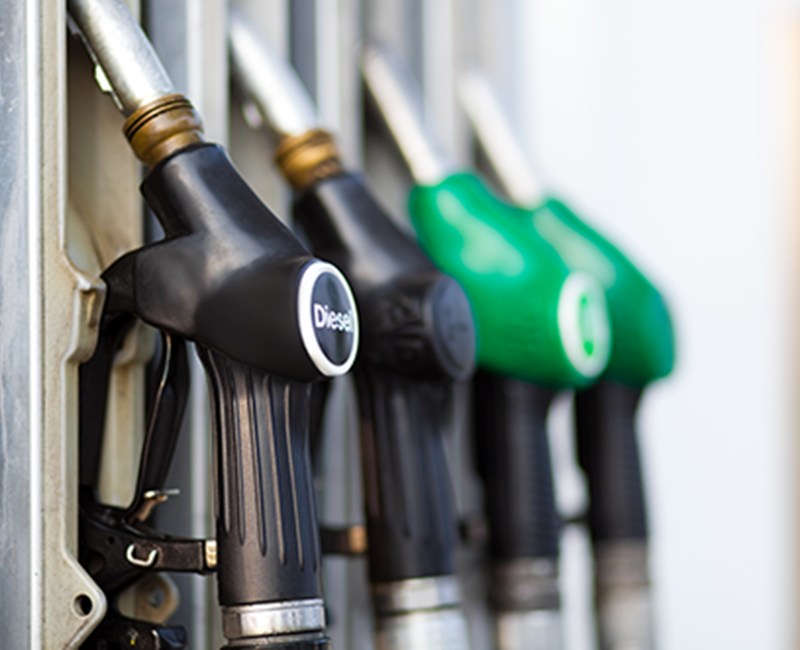5 ways to optimise your fleet fuel management
- Monitor and analyse driver behaviour: The driver has the single biggest impact on fuel economy – research has found up to a 30% difference in MPG between a good and bad driver. A good telematics system should include driver behaviour analytics – look for KPIs including instances of speeding, hard braking, harsh acceleration, sharp cornering, and engine idling. Some also offer in-cab hardware that alerts the driver if they are slipping back into bad habits. Make good use of the reporting function to download reports that identify any fleet-wide issues, as well as highlighting any individuals that have particularly bad habits.
- Implement effective employee communications: Studies have repeatedly showed that smoother drivers are safer drivers. Explain to your workforce how telematics – and driver behaviour technology in particular – helps to reduce their risk of being involved in a collision.
- Take action if required: If your driver analytics identify some issues, a great initial step to take is incentivising your workforce. Most driver behavior systems calculate an individual daily and weekly score for each driver, and will generate a league table of all drivers. You can use this to create some healthy, friendly competition between employees, by offering prizes for Driver of the Week. In exceptional circumstances, you may need to also consider investing in driver training for repeat offenders.
- Keep your fleet in peak condition: Every fleet manager knows that well-maintained vehicles perform better than a neglected fleet. Telematics can help ensure that the fleet manager is made aware of any issues as early as possible. Firstly, you can integrate digital daily vehicle checks with your vehicle tracking solution, keeping you on top of potential fuel-wasting aspects such as incorrect tyre pressure. Secondly, leading providers like Trakm8 offer vehicle health alerts as part of their overall package. Because the telematics device is fully CAN Bus connected, it can act as an early warning system; reading fault diagnostic codes and informing you immediately of any issues.
- Consider route optimisation: Drivers don’t always know the best routes. Route optimisation – also known as fleet scheduling – is proven to reduce total fleet mileage by up to 18%. The software achieves this by looking at all fleet tasks, then allocating all tasks in a way that maximises vehicle utilisation and meets all customer specifications, with the lowest cumulative mileage. Look for a provider that offers a free benchmarking service, where they will take some of your historic fleet data and demonstrate the potential savings you could make – this will help you build the business case for investment.
If you would like to find out more about our fleet management solutions, fill out the short form below and one of our team will be in touch. Alternatively, call us on 0330 311 5157 or email us at info@trakm8.com.


